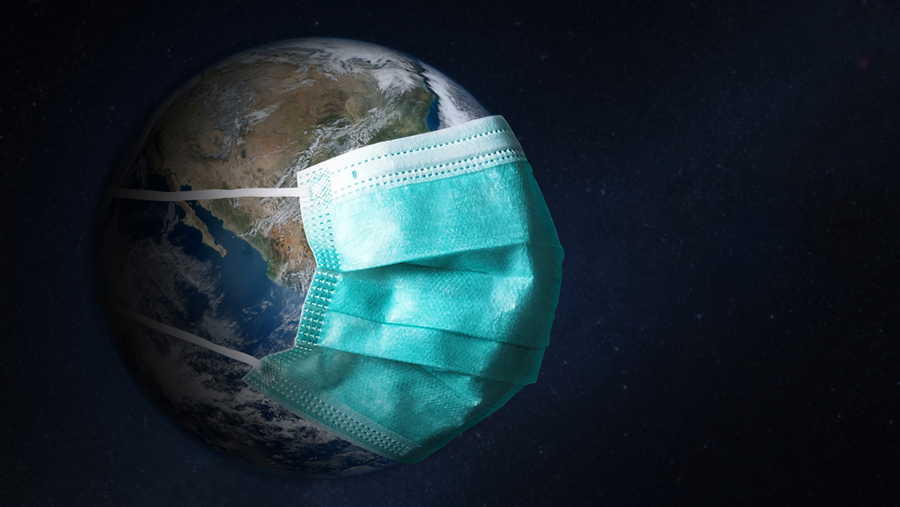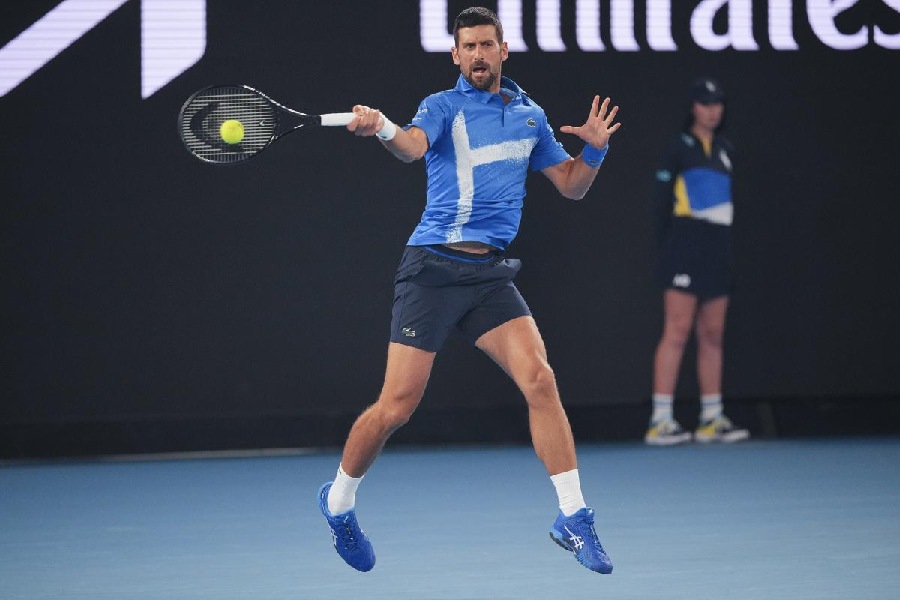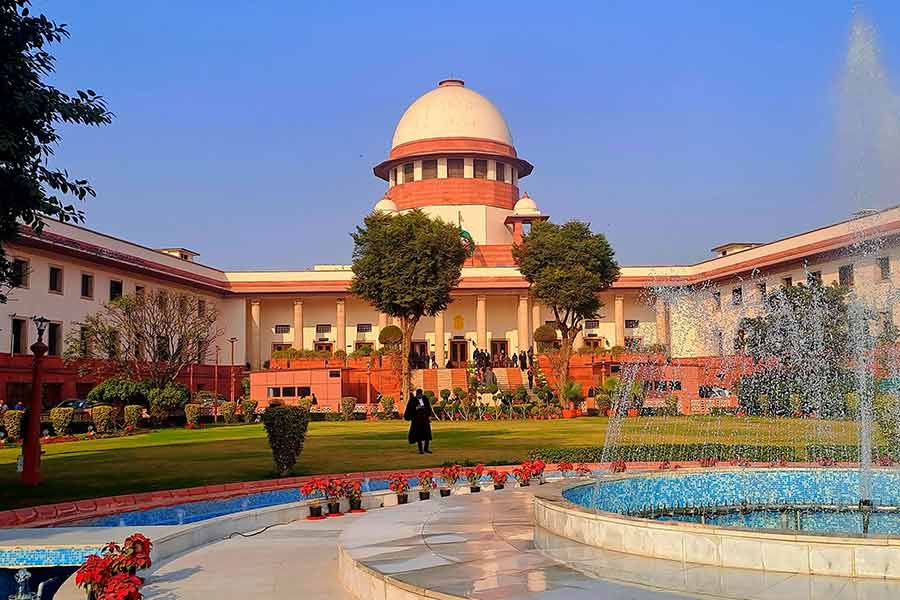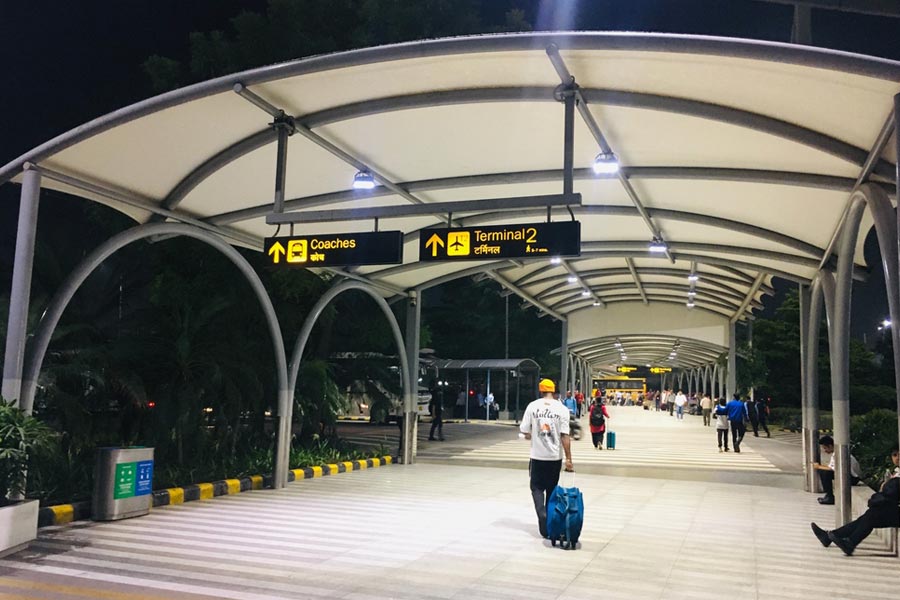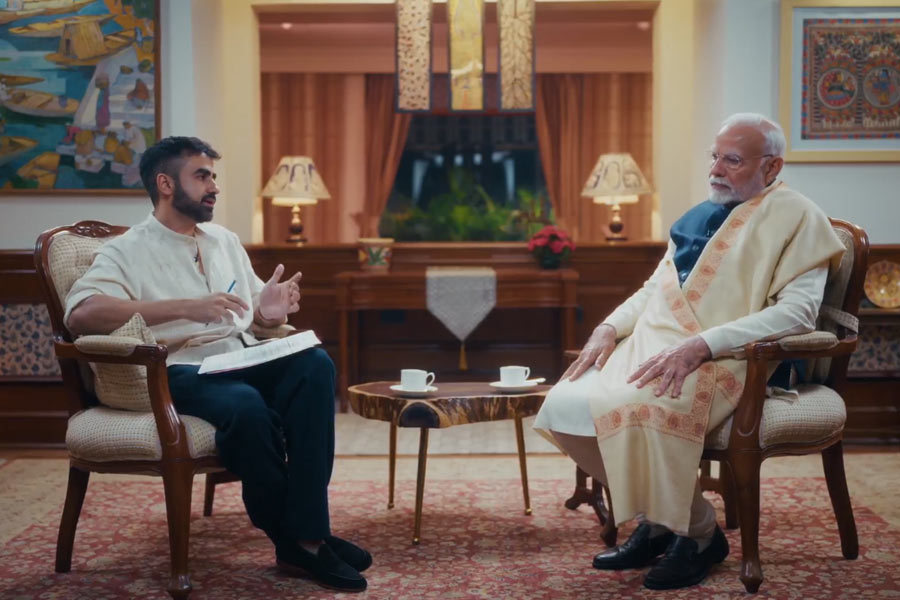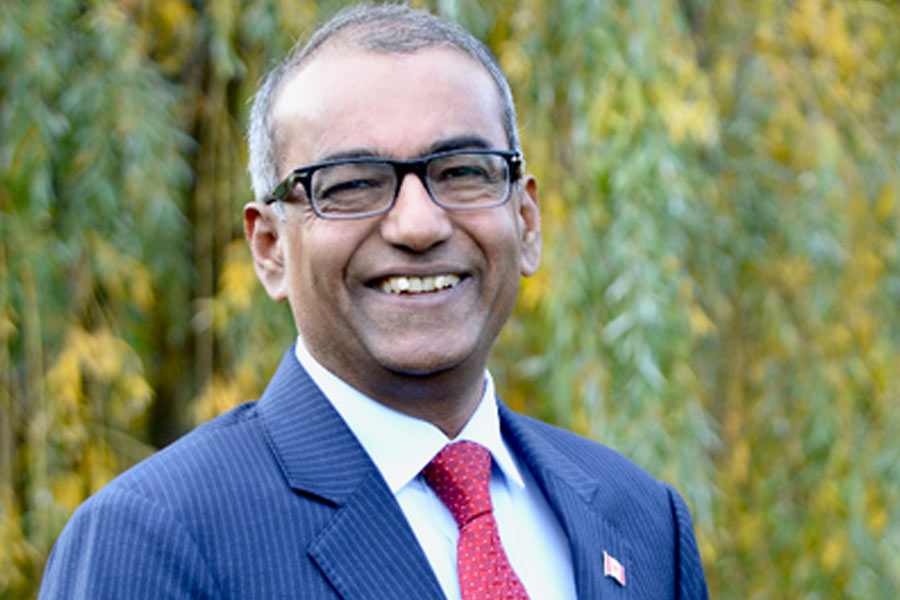Given his wealth and philanthropy, Bill Gates will be heard respectfully when he says that millions more in India and Africa will die before the Covid-19 pandemic ends. Sceptical about India’s fatality figure (“The true number... is probably much higher”), Microsoft’s co-founder warns that the disease itself may account for only 10 per cent of future deaths — the knock-on effects will kill millions more.
All the more reason, therefore, for using this interregnum to consider not only the threat of decimation but also the challenge of the new norm. It’s popular lore that the Mandarin word for crisis combines two characters standing for danger and opportunity. Where that heady mix will lead no one knows. Viruses have shaped history. Smallpox, measles and influenza epidemics helped European colonization of the Americas. The Spanish flu sparked an economic surge that shaped the Roaring Twenties. Much depends on how long the pandemic rages. Gates’s hope of an effective, mass-produced vaccine by the end of 2021 and the consequent immunization of enough people worldwide to halt the disease in its tracks seems reasonable now that Phase III trials of the Oxford vaccine are imminent.
Our problem is with the government’s callously neglected human responsibilities. Covid-19 has exposed India’s scandalously inadequate healthcare system. Remedying this should be Delhi’s first task after the pandemic. Hunger spreads as jobs disappear and agricultural productivity declines. Lockdowns disrupt education. Other causes of death — malaria and HIV here, cancer in the West — are neglected. Amit Shah’s readmission to hospital raises the spectre of relapse after recovery. It’s an unfortunate reflection on public life that any mention of the home minister provokes controversy, and the anecdote with which Cyril Sam and Paranjoy Guha Thakurta opened The Real Face of Facebook in India is again news. It has Shah boasting in September 2018, “We are capable of delivering any message we want to the public, whether sweet or sour, true or fake.” Apparently, a fabricated post about Akhilesh Yadav slapping his father, Mulayam Singh, which went viral, was the handiwork of a “smart” Bharatiya Janata Party volunteer.
It’s pointless accusing Facebook, the world’s largest social media company which owns WhatsApp, India’s most popular social messaging app, of bending over backwards to oblige the BJP. Businessmen always hitch their wagon to the ruling star. But the story does confirm the pathetic plight of politics, which seldom rises above one-upmanship and sleight of hand. The tensions of lockdowns don’t make man less ignoble, although fear, isolation and uncertainty may sharpen some existing characteristics as Bengal wonders if haphazard closures ever so often serve any purpose. The latest fad of yellow bins for coronavirus refuse will probably peter out like parking ticket machines whose disappearance allows attendants again to extort whatever they like and pocket the money. Everything is a little more bent in Bengal but national conditions are not much better. If the pandemic has brought out the best in some, it has also brought out the worst. Among the former, the Malappuram villagers who saved passengers after the Calicut crash or the kindness of neighbours who ever so often share their cooked meals with us recall Kipling’s faith that “so long as there is a morsel to divide in India neither priest nor beggar starves”. Among the latter, hoarders and black-marketers who were driven by profit during the Bengal famine are again exploiting today’s shortages.
India isn’t alone. The American Federal Bureau of Investigation recorded a 75 per cent increase in digital crime after stay-at-home restrictions began. Interpol says “cyber-criminals are developing and boosting their attacks at an alarming pace, exploiting the fear and uncertainty caused by the unstable social and economic situation...” Retail fraud marches with the higher spending forced on consumers by extortionate sellers. Identity theft is rampant with anxious victims robbed of personal information, credit-card numbers and banking details. These are troubled times with email ‘phishing’, fraudulent websites and malicious domains mushrooming in dozens of countries, ransom demands for stolen personal information, and daylight dacoity like Wednesday’s hijacking of a crowded bus by a private finance company’s loan recovery goons. Instead of being havens of trust, even some banks are in the racket with touts designated ‘relationship managers’. Since shadow markets often follow real markets, the preference for computer payment by many legitimate authorities means an online boom enabling tricksters to demand money for non-existent goods, services or government schemes.
Nothing could be more harrowing for governments that take their responsibilities seriously than to have to cope with security threats from a powerful neighbour in the midst of a pandemic. What inhibits realistic analysis is that, as in China, official propaganda is the only source of information. Moreover, our government speaks in so many tongues that the truth remains elusive. Narendra Modi’s Independence Day boast of a “befitting response” to “misadventures along the border” contradicted his June 19 claim that “no one has entered our borders”, “none of our posts has been occupied by anyone” and “not an inch of land has been occupied by anyone”. Trade is another source of confusion. India’s massive deficit and aspects of the trading pattern offend patriotic sentiment. Given our huge domestic need for grain silos, water supply lines and sewage pipes, exporting finished steel makes no sense unless cost effectiveness is pleaded. It’s more likely that as with so much else, decisions are influenced by individual operators without the discipline of an overarching policy in the country’s long-term interest.
Can the two economies be disentangled without starving Indian consumers and crippling Indian industry? China’s Global Times responded audaciously that Modi’s ‘Atmanirbhar Bharat’ dream could be realized if Chinese entrepreneurs manufactured in India. Perhaps properly managed Sino-Indian joint ventures might “revive the animal spirit” Manmohan Singh spoke of instead of reinvigorating only animals who batten on others. But many physical and psychological obstacles have to be overcome. Ambivalence about China has a long history. Needled by Hiren Mukherjee, Jawaharlal Nehru told Parliament in March 1950 that he had “the greatest admiration” for China which he would like to emulate but “that till only a year ago, China was looked upon as a country where corruption, black marketing and every kind of evil prevailed.” Do countries change? It was a licence-permit-raj era joke that India was more capitalist than out-and-out capitalist countries where everything had a price. In India not merely everything but everybody had a price. People, contracts, jobs were for sale. Politicians were products.
The social distancing imperative has revived an old argument over lift protocol. Passengers in the first passenger lift in New York in March 1857 were asked to enter and leave swiftly, and face the door while inside. Since lifts could be considered both a private room and a public conveyance, the correct hat etiquette also provoked debate. Men wondered if they should doff their hats if a lady entered. The New York Times suggested a compromise: men could keep their hats on in lifts — sorry, elevators — serving public buildings, but should remove them in hotels and private condominiums. Gender generalizations are tricky. Women always walked behind their menfolk in pre-Second World War Yugoslavia. Noting the post-war reversal of roles, a visitor wondered if Yugoslavs had become chivalrous. “Chivalry be damned!” was the reply. “The land is full of mines”.
The land is also too full of viruses that cloud the future. Not economies alone but the world is in a coma. But it seems undeniable that not much thought is being given to anticipating and shaping the awaited new norm to serve all Indians equally, and not only the privileged few, after everyone wakes up. Covid-19 may be no respecter of rank, but as Raghuram Rajan rightly says, it is “an ‘anti-Robin Hood’... it hits the poor even harder on every front.”

